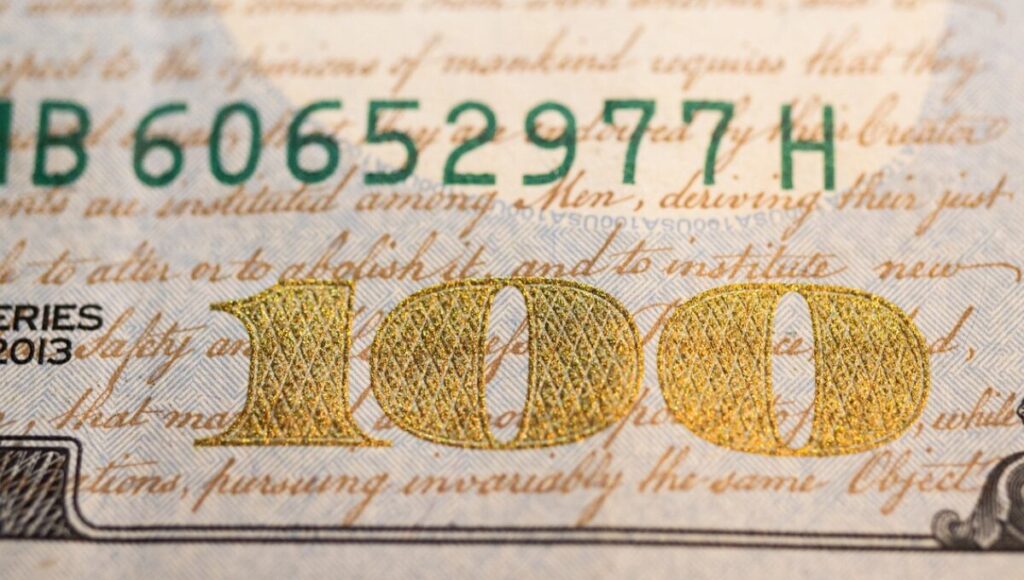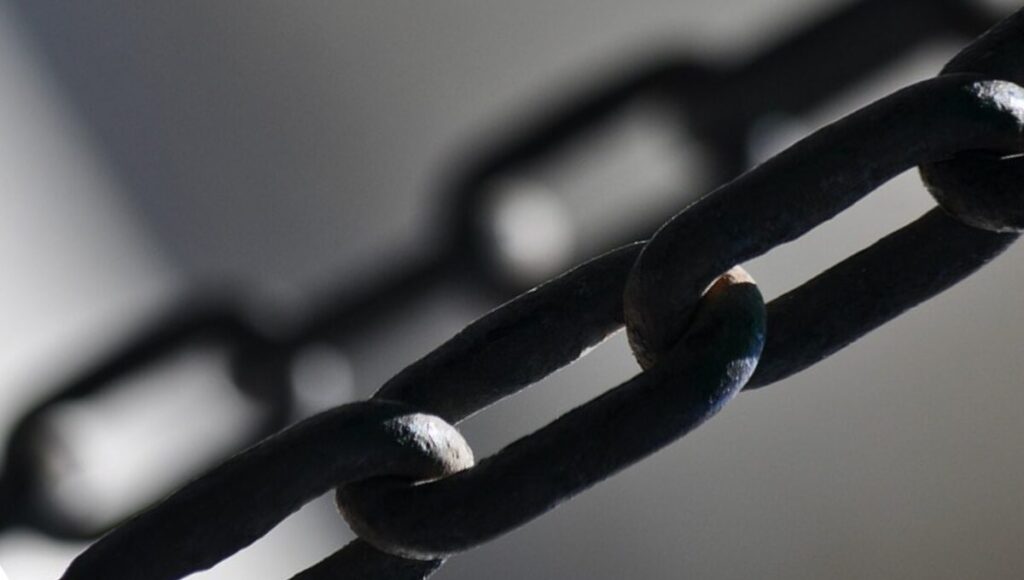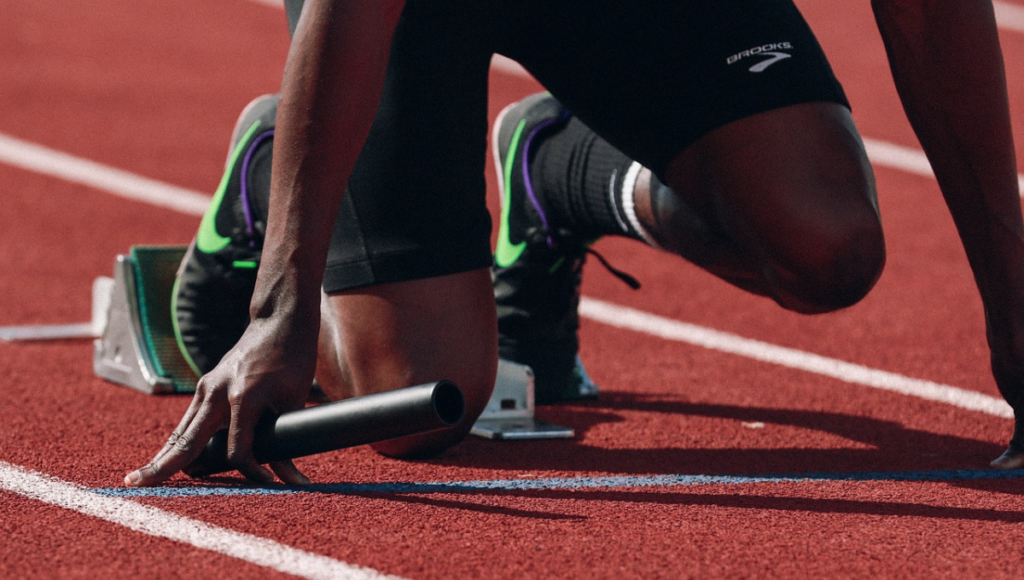Posted inBlog
Comprehensive Support for Users Battling Addiction: A Path to Recovery
Support for individuals battling steroid addiction includes therapy, counseling, and peer support groups. Medical professionals may provide detox programs and manage withdrawal symptoms. A comprehensive recovery plan focuses on physical healing, mental well-being, and long-term lifestyle changes to prevent relapse.










